
- Article
- Article
Families fighting for justice
In 1962 a group of parents whose children had been affected by thalidomide began a decades-long battle in the law courts, the media and Parliament in order to win fair justice for all thalidomide survivors.
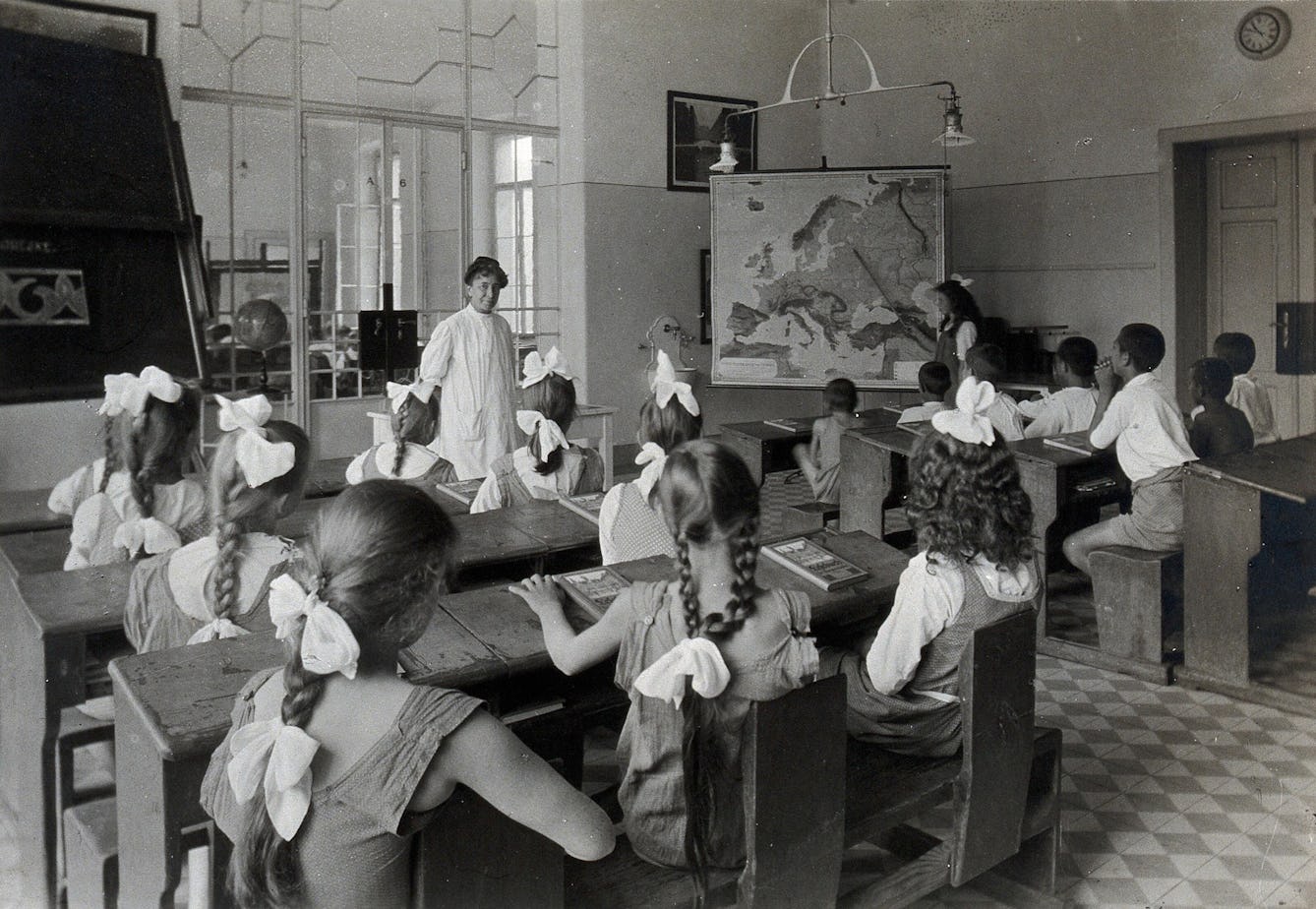
- Article
- Article
The law of periodicity for menstruation
Dr Edward Clarke's Law of Periodicity claimed that females who were educated alongside their male peers were developing their minds at the expense of their reproductive organs.

- Article
- Article
Living with less for spiritual gain
Today, a minimalist lifestyle is trumpeted as a route to happiness. Find out what religious ascetics from history and modern proponents of the spartan-looking home can teach us.

- Article
- Article
Searching for a place to call home
Wherever she’s lived, Tanya Perdikou has rarely felt at home, and numerous moves have perpetuated a sense of disconnection. But signs from nature offer powerful moments of connection.

- Article
- Article
Disability in the post-pandemic world
Disabled people have suffered more than most during Covid-19, but there is still a chance to build a kinder society. Dolly Sen explores whether we will come together, or allow more brutal disparities to develop in the worsening recession.

- In pictures
- In pictures
Sexy (medieval) times
Penis badges, the mysterious Office of the Night, and sneezing as a form of contraception – enter the surprising world of medieval sex. It wasn’t cold baths and self-denial for everyone, as Katherine Harvey explains.

- Article
- Article
Rejecting shame and a decade of change
Jess Thom spent years trying to ignore and suppress the tics of Tourette’s syndrome. Read what happened when she decided to celebrate them instead.

- Article
- Article
Building resilience in a racist world
With the resurgence of racism in today’s UK, Louisa Adjoa Parker reflects on the trauma of growing up in a racist society and explores how victims could begin to heal.

- Article
- Article
‘Jessy’, a film about cerebral palsy
How the 1950s British film industry portrayed this disease.

- Article
- Article
Reassuring ghosts and haunted houses
Explore the perversely comforting appeal of a ghost in the house.
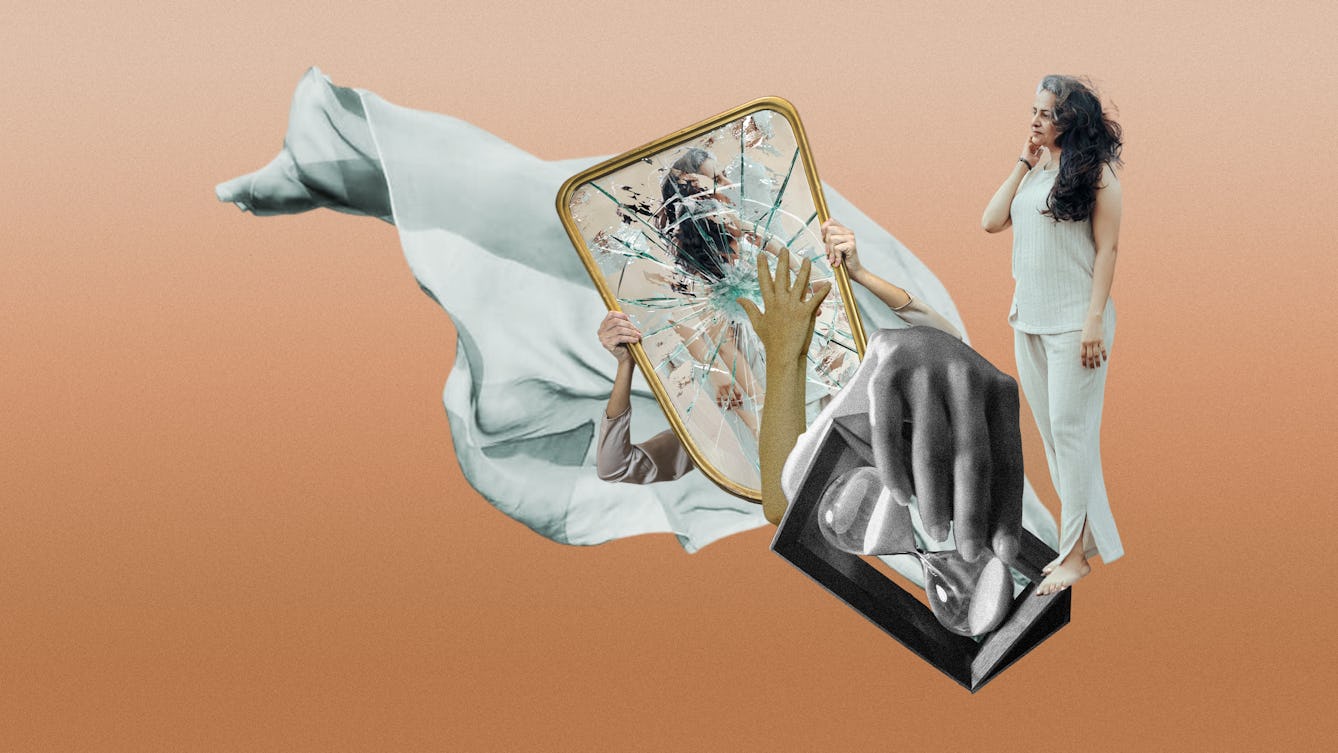
- Article
- Article
Invisibility
Why do menopausal women feel invisible? Because nobody talks about menopause or because society doesn't value older women?

- Article
- Article
How ritual creates meaning
In a world that encourages us to quash our sense of wonder, ritual can help push away apathy and nurture life-enhancing creativity and imagination.
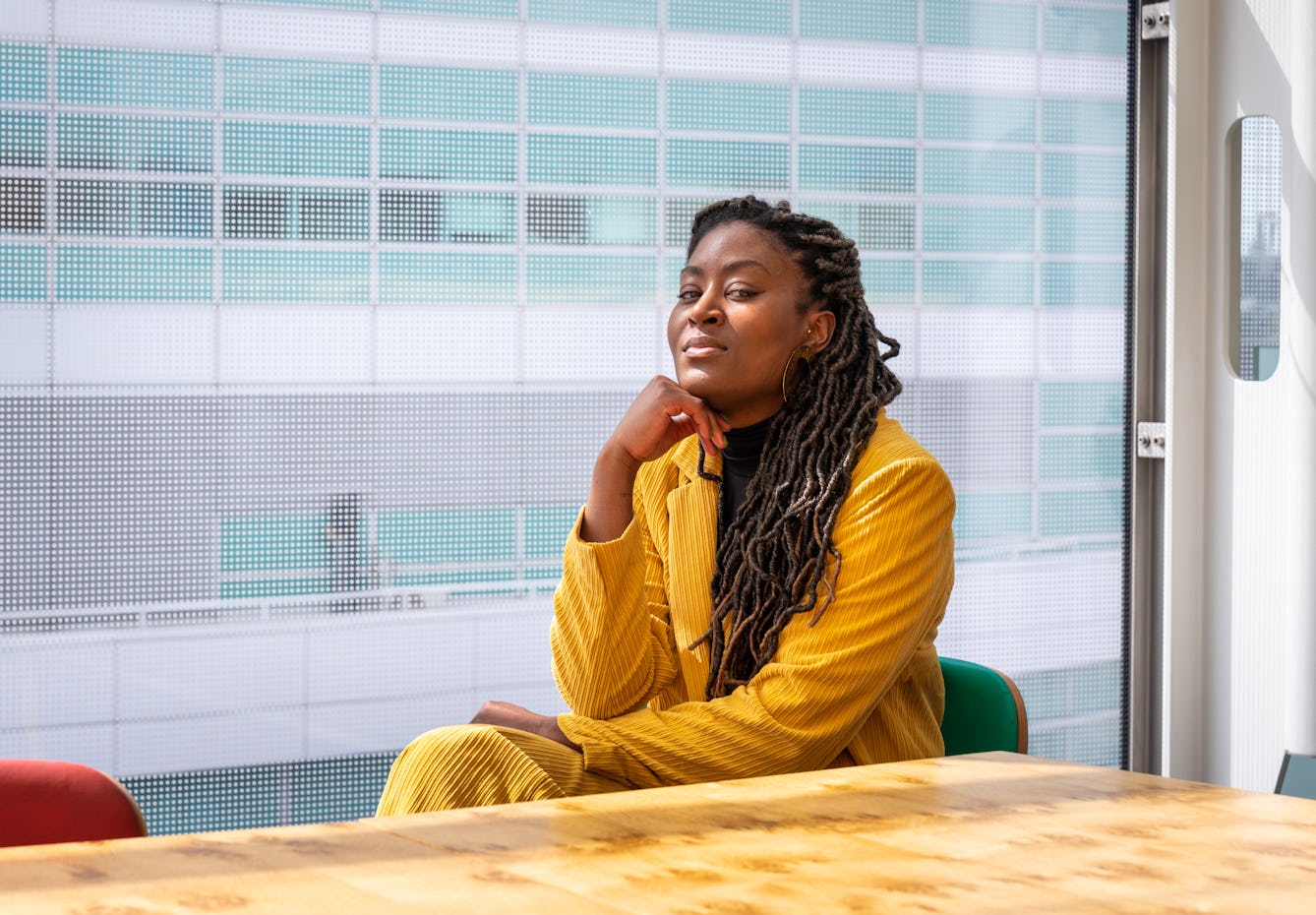
- Book extract
- Book extract
Why we need to decolonise healthcare
In this extract from ‘Divided’, Annabel Sowemimo describes the way her nana’s stroke and hospitalisation heightened her awareness of the need for us all to advocate for the health of others.

- Article
- Article
The unearthly children of science fiction’s Cold War
In the 1950s a new figure emerged in British novels, film and television: a disturbing young alien that revealed postwar society’s fear of the unruly power of teenagers.

- Article
- Article
Deadly doses and the hardest of hard drugs
The invention of the modern hypodermic syringe meant we could get high – or accidentally die – faster than before. Find out how this medical breakthrough was adapted for deadly uses.

- Article
- Article
Mask, ritual and fertility
Today many of us learn about fertility, conception and pregnancy online. But that wasn’t always the way. Discover how masks and rituals played an important educational role.

- Article
- Article
Devilry and doom in 1666
Disastrous events and a significant combination of numbers signalled the end – or perhaps a new beginning – in 1666. But for some, this feverish period fuelled unprecedented inventiveness and development.

- Article
- Article
Why gene editing can never eliminate disability
In a world where DNA testing and gene editing offer ways to eliminate certain disabilities, Jaipreet Virdi explores a more accepting and inclusive approach.
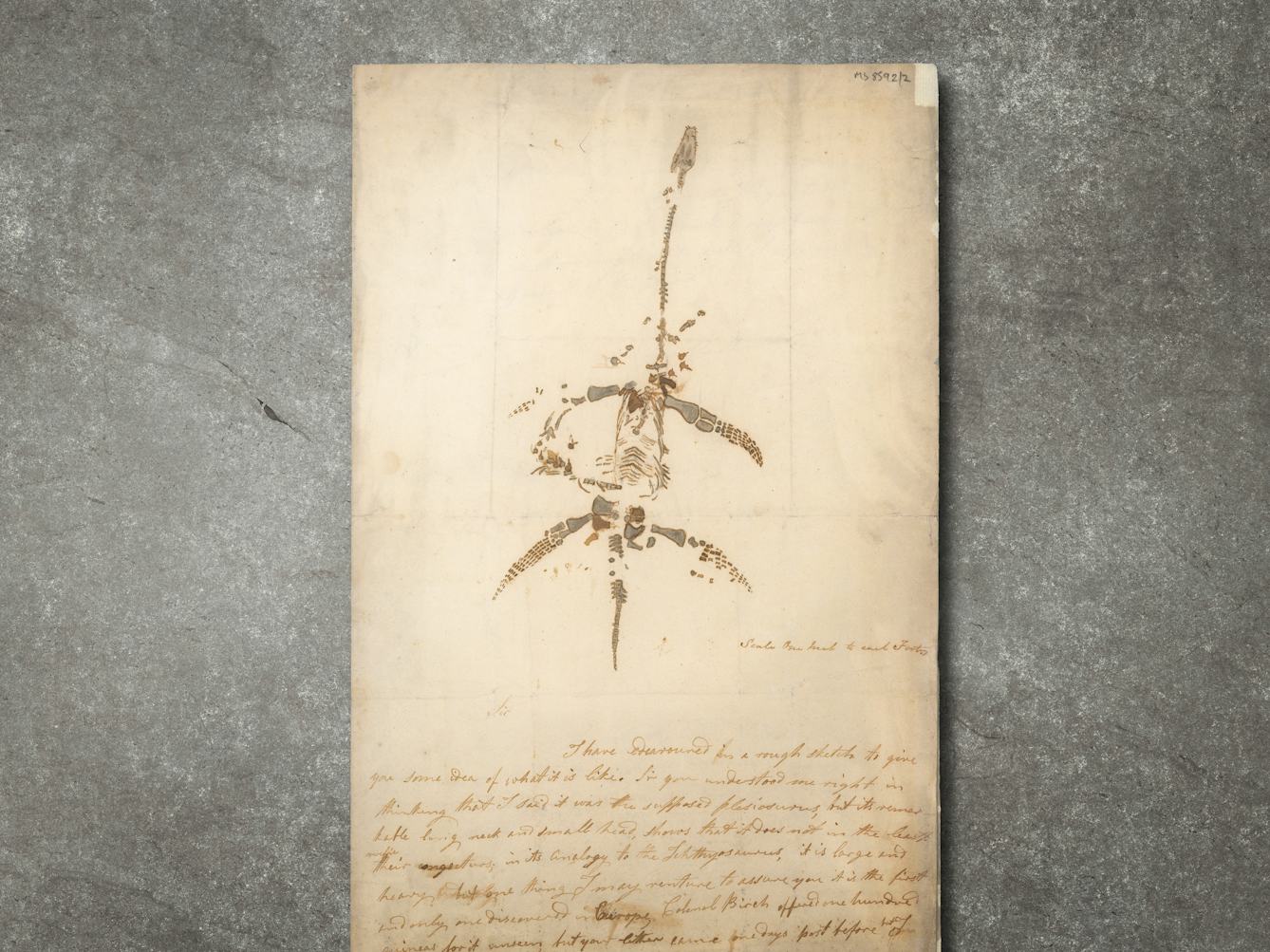
- Article
- Article
Would you like to buy a dinosaur?
Two remarkable letters and a drawing of a plesiosaur by Mary Anning offer a tantalising portal into the exciting world of fossil hunting and discovery of the 1800s.
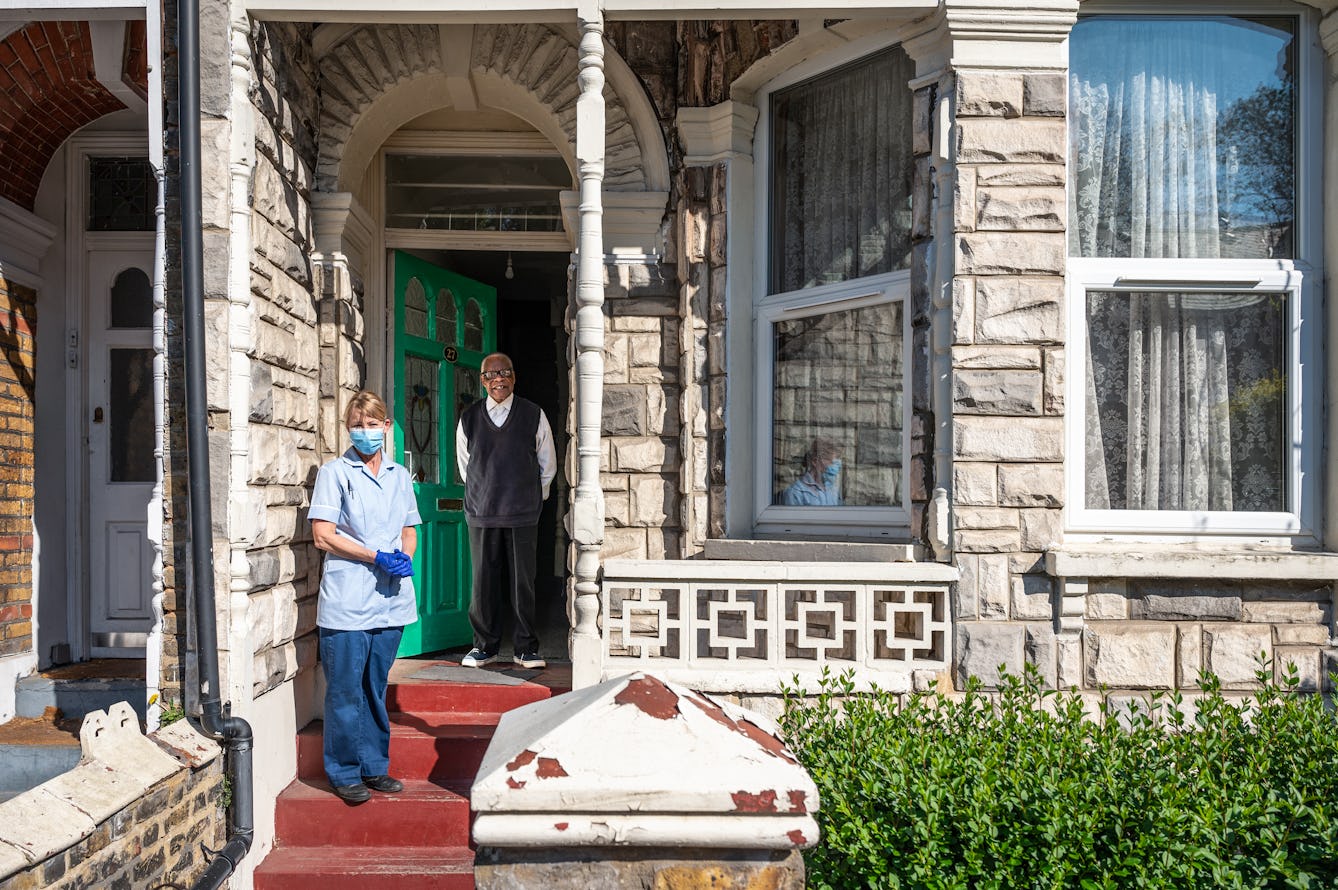
- Book extract
- Book extract
How to stay together while keeping apart
Vivek Murthy explores how we can keep physically distant while staying emotionally connected.

- Article
- Article
Tragic artists and their all-consuming passions
Does having a debilitating disease help or hinder creative genius?
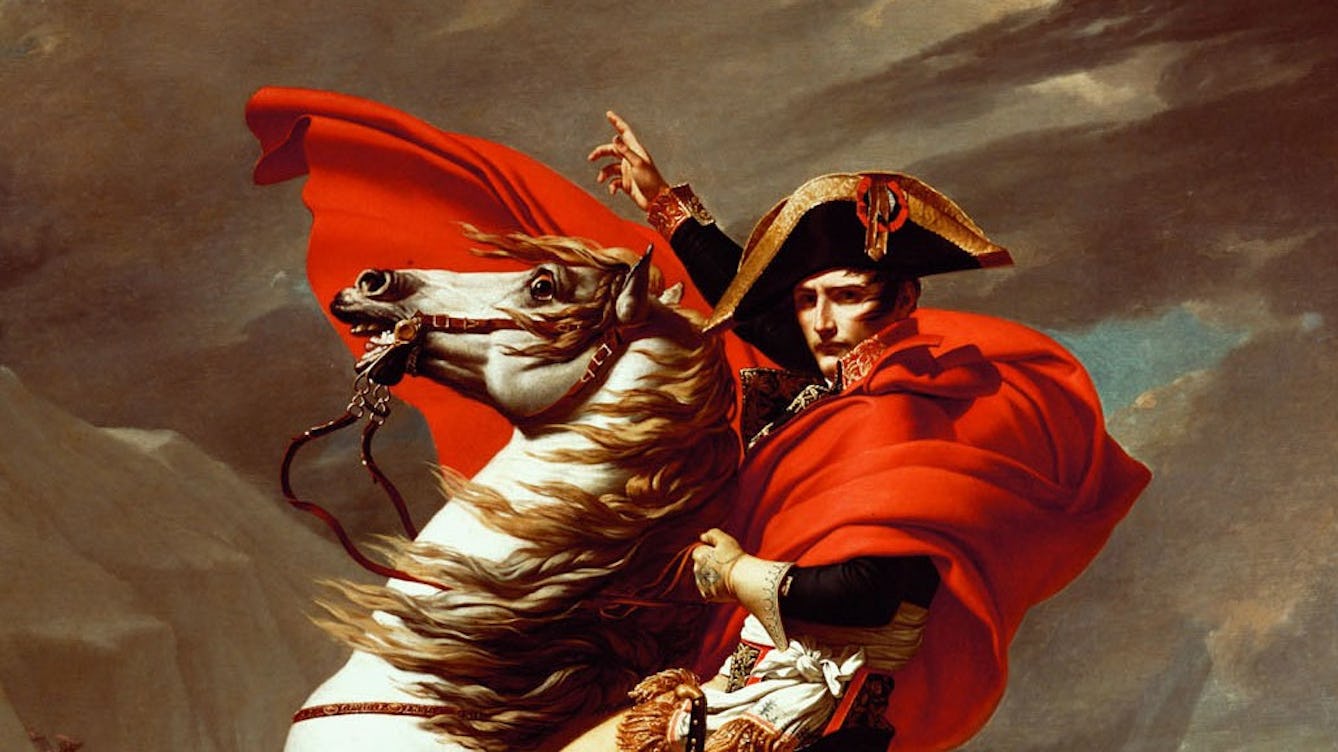
- Article
- Article
Political brilliance and the power of self-promotion
How do you convince people you’re exceptional? Meet the ultimate self-styled genius.
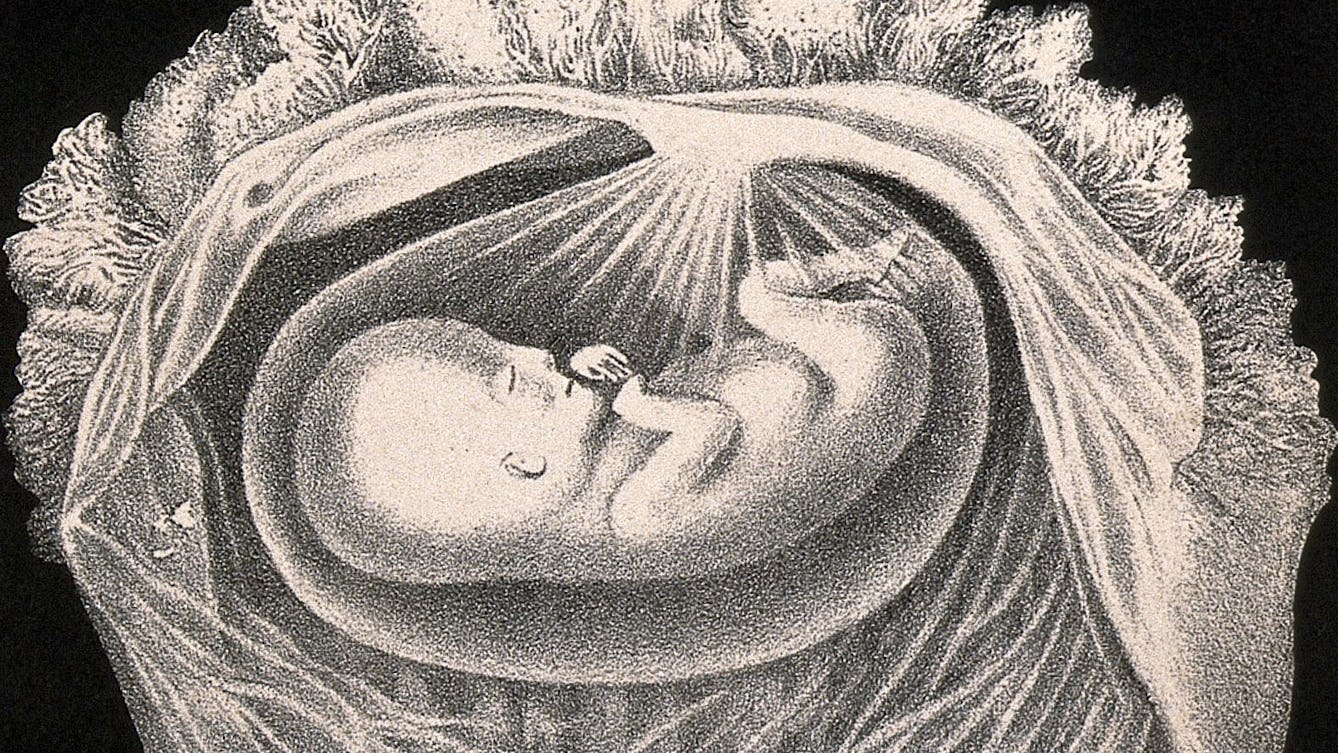
- Article
- Article
The quest to breed gifted children
If you had the chance, would you choose a genius baby?

- Article
- Article
Exceptional talent and the trouble with IQ tests
Is a high IQ really a mark of genius, or does something else explain the exceptional?

- Article
- Article
Do good mothers make good democracy?
To be psychologically fit for democracy, one distinguished paediatrician argued that you need a ‘good enough mother’ – and that we must acknowledge the bad side of our feelings.